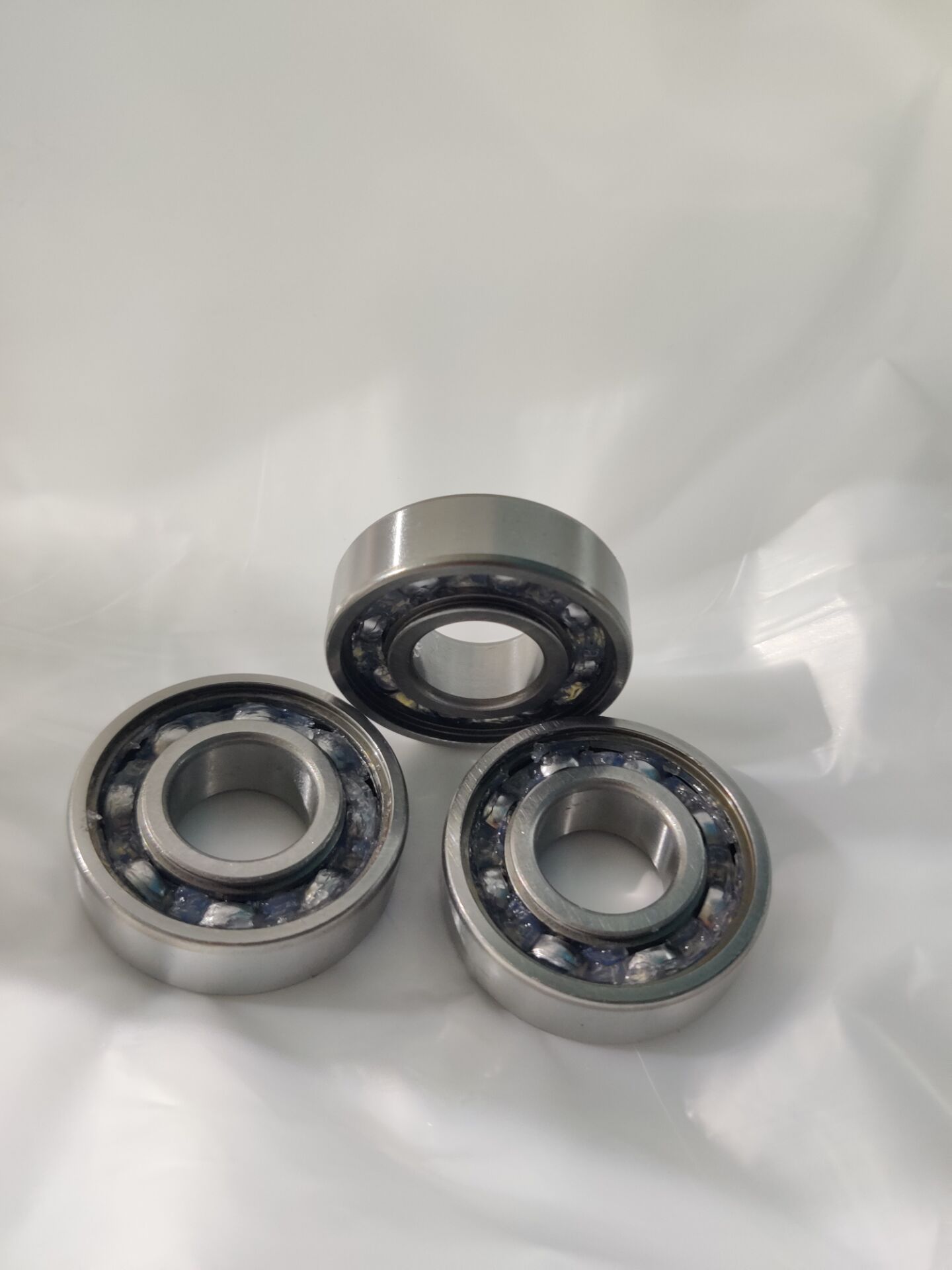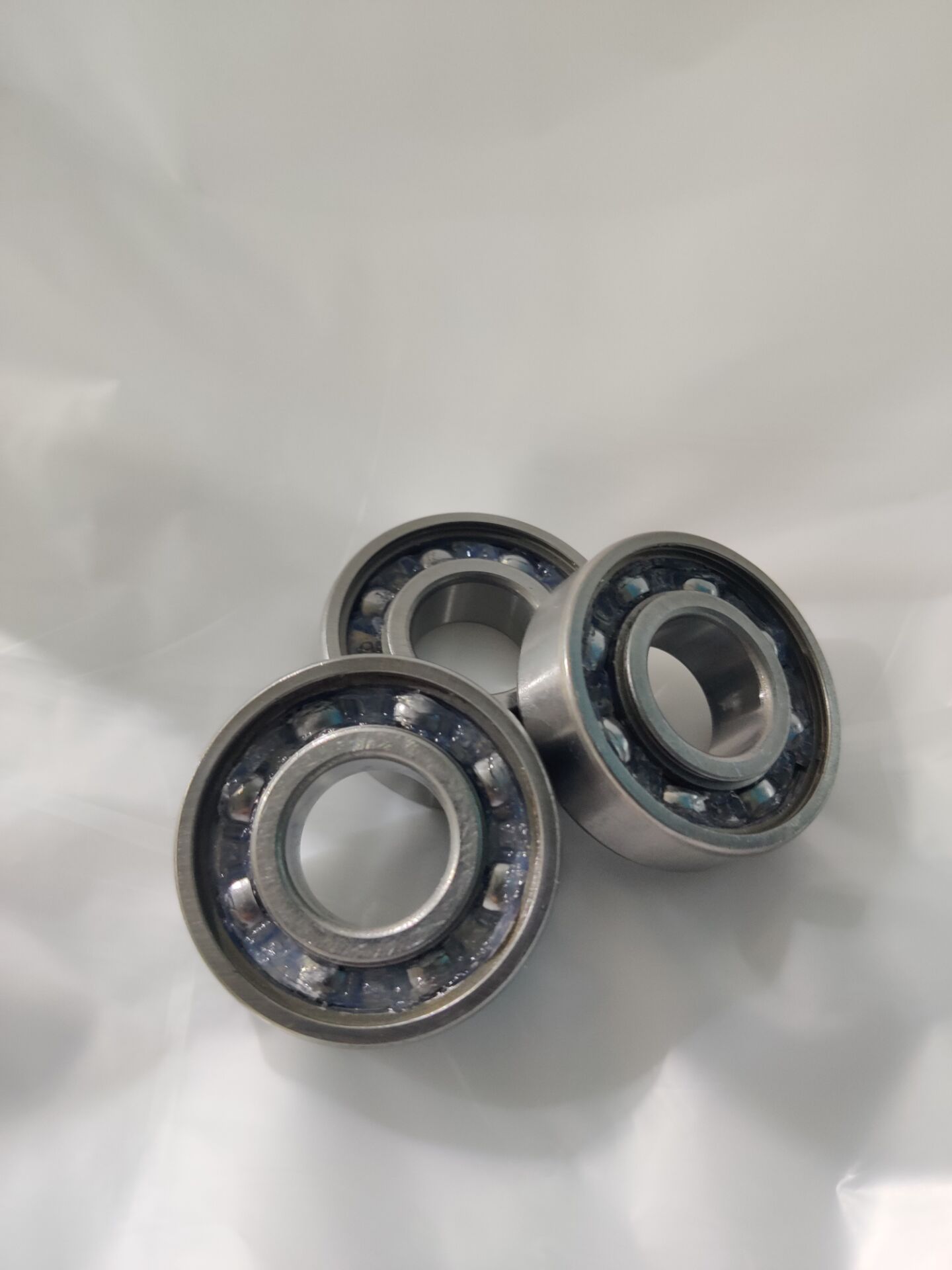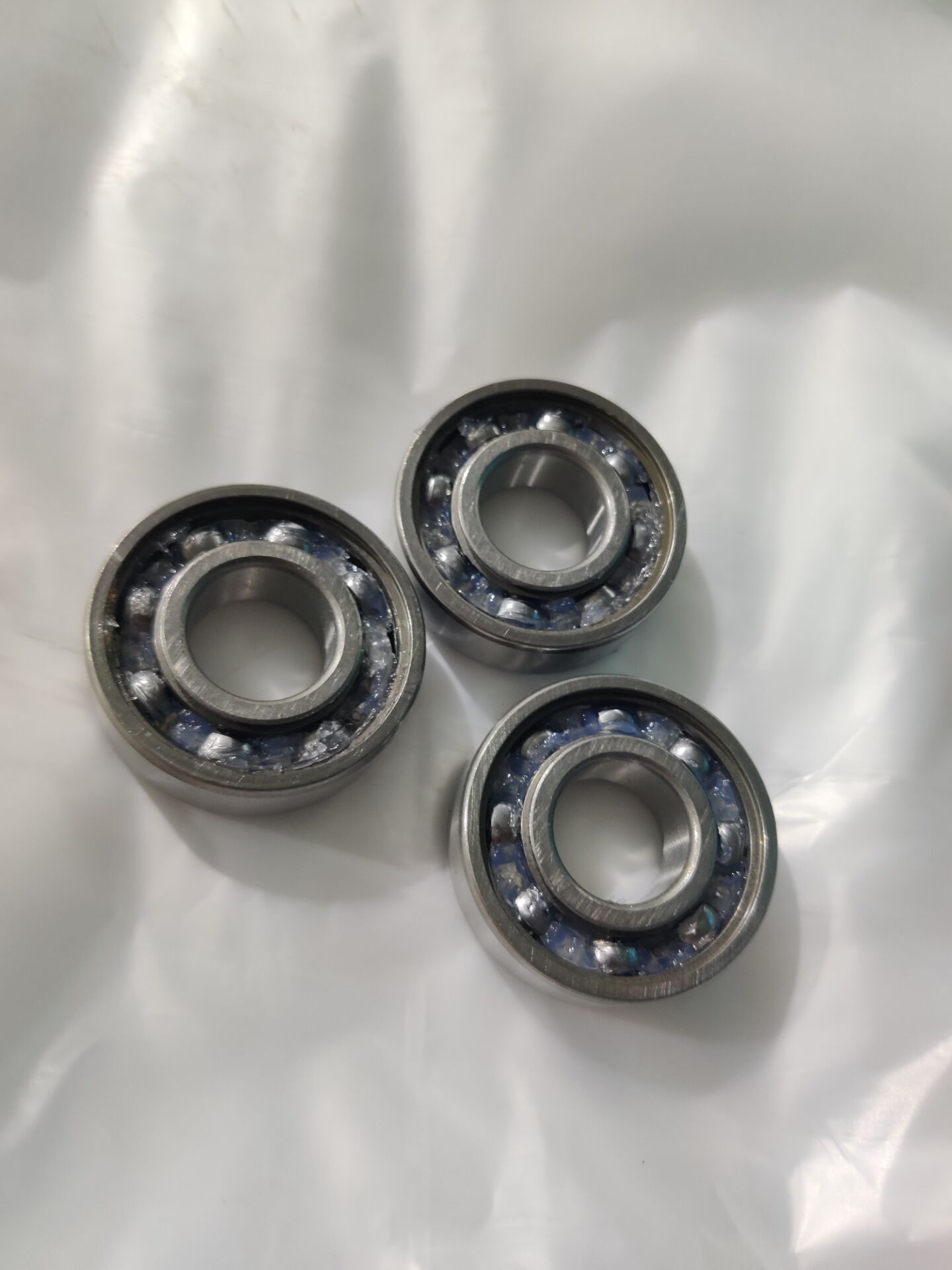Newsroom
What Damage Can Be Caused by Improper Lubricant Selection for Bearings?
2024-09-20Selecting improper grease for bearings can lead to various types of damage. Below are some common issues:
1.Insufficient Lubrication or Lubrication Failure
If the grease’s viscosity, consistency, or temperature adaptability doesn’t match the working conditions of the bearing, the lubrication film may fail to form effectively, leading to insufficient lubrication. This can cause the following damage:
I.Increased friction:Insufficient lubrication causes direct contact between rollers and raceways, resulting in increased metal-to-metal friction and accelerated wear.
II.Excessive heat: Increased friction leads to higher bearing temperatures, potentially causing thermal expansion and material fatigue.
III.Seizure: In severe cases, lubrication failure can cause bearing components to seize, leading to complete bearing failure.

2.Excessive Grease
Too much grease can also cause problems, including:
I.Excessive temperature rise: Excess grease increases internal resistance, causing more heat generation during operation.
II.Leakage or contamination: Excess grease can overflow from the bearing housing or seals, potentially contaminating equipment or attracting dust and debris.
3.Incompatible Grease:
Different types of grease may have incompatible chemical compositions, leading to issues such as:
I.Grease degradation: Chemical reactions or separation of grease components can result in reduced lubrication performance.
II.Reduced adhesion:The grease may lose its adhesive properties, preventing even coverage of bearing components and leading to poor lubrication.
4.Inadequate Temperature Performance
If the grease used doesn’t match the temperature range of the bearing’s operating environment, it can cause:
I.Grease melting or hardening: In high temperatures, grease may melt or be lost, while in low temperatures, it may harden, impeding its ability to flow and lubricate.
II.Grease oxidation:At high temperatures, grease can oxidize and deteriorate, leading to reduced lubrication and the formation of deposits or sludge that block bearing channels.

5.Contamination or Introduction of Impurities
Improper grease may contain impurities, or external contaminants may be introduced during lubrication due to poor sealing, leading to:
I.Increased wear: Contaminants entering the bearing’s raceways can increase friction, leading to accelerated wear or scratching.
II.Bearing corrosion: Some greases may contain corrosive components that can cause the bearing to rust or corrode over time.
6.High Volatility of Grease
Certain greases may evaporate too quickly in high-temperature environments, causing a rapid reduction in the amount of lubricant available. High volatility in grease can result in:
I.Dry friction: When the grease evaporates too quickly, the bearing may lose lubrication, causing dry friction, which can severely damage the bearing’s raceways or rolling elements.
7.Grease Degradation
If the grease is of poor quality or used for too long, it may break down or deteriorate, leading to:
I.Oxidation deposits: As grease ages, it may produce oxidation byproducts that can form solid deposits, obstructing normal bearing operation.
II.Grease loss: Degraded grease can result in separation of its lubricating components, leading to ineffective lubrication and increased mechanical wear.

Conclusion
Improper grease selection can lead to increased friction, overheating, wear, corrosion, or even bearing failure. When choosing grease for bearings, it’s essential to consider the operating environment’s temperature, load, speed, and compatibility to ensure the lubricant meets the actual needs of the bearing.
For more information, feel free to contact QIBR


